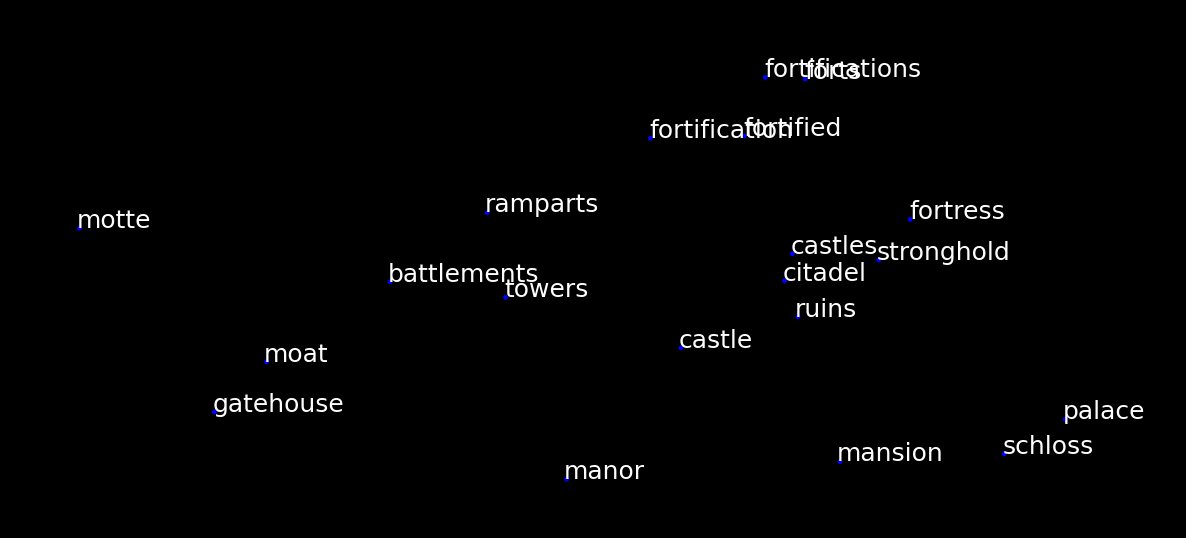As we reflect on 2019 and decide on our research directions for 2020, here's a summary of my recent reading. The #context tag tells you *why* I ended up there (thx to @julianharris for the tag suggestion ;)). I'm curious to know what other people's journeys have been this year...
Reading list (1) Language evolution papers. #context I am still trying to figure out what exactly language is for. We've seen some cool work on meaning shift in the last years. But *why* do meanings shift? And what does it tell us about the role of language in human behaviour?
Reading list (2) Papers on aligning vector spaces. #context the whole "let's average the utterance of thousands of speakers in a big corpus and pretend it's language" is rather tedious. My semantic space in not your semantic space. But how best to measure such differences?
Reading list (3) The 'historical' papers of @bhpartee. #context I was raised thinking the world was divided into Chomskians and anti-Chomskians, cognitivists and formalists, innatists and emergentists. And all of this is in fact terribly entangled and I want to understand how.
Reading list (4) Neuroscience / engineering papers on the olfactory system of the fruit fly. #context small organisms have beautiful ways to solve complex problems with a few neurons and feedforward architectures. And I think small AI is the future, scientifically and ethically.
Reading list (5) Psychology papers on mental simulation. #context I don't know how / whether that work overlaps with some of what philosophy and formal semantics have said about possible worlds. Still muddling through...
Reading list (6) Pop neuroscience and pop physics books on the notion of time. #context I'd like to finally understand what probabilities *are*. Damn it.
• • •
Missing some Tweet in this thread? You can try to
force a refresh





